America’s space policy reveals its hegemonic obsession and exposes the future quandaries for Australia. How will Australia confront the inevitable question of whether to support a peaceful or a militarised exploration of space?
Read more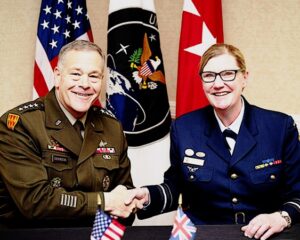

America’s space policy reveals its hegemonic obsession and exposes the future quandaries for Australia. How will Australia confront the inevitable question of whether to support a peaceful or a militarised exploration of space?
Read more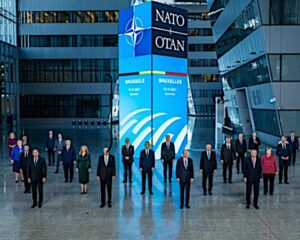
Australia’s Prime Minister Scott Morrison might have gone to Europe with the Indo-Pacific region “is the epicentre of renewed strategic competition” mantra on his lips, but the NATO communique reflects the reality that it is Russia, not China, that fills Europe’s strategic horizon.
Read more
Russia’s President Vladimir Putin on Monday [16 November 2020] approved the creation of a Russian naval facility in Sudan capable of mooring nuclear-powered surface vessels, clearing the way for Moscow’s first substantial military foothold in Africa since the period of the former Soviet Union.
Read more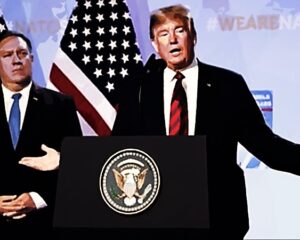
In Paris on Monday,16 November 2020, US Secretary of State Mike Pompeo said that the US administration and Europe need to work jointly on addressing recent “aggressive” actions led by Turkey – before continuing his 7-country tour, landing in Istanbul on Monday night. In Washington, a US official confirmed that last week US President Trump considered a strike on Iran’s main nuclear facility.
Read more
Friends of Europe have released a comprehensive study on Arctic defence cooperation. The report examines the strategic and political context surrounding Arctic security and defence focusing on the changing Arctic environment – the resurgence of great power competition worldwide against a backdrop of accelerating global warming which is melting the polar ice cap at a record pace.
Read more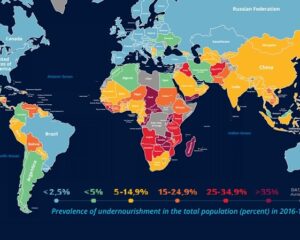
By the end of 2020, the COVID-19 pandemic risks doubling the number of people who face acute hunger from around 135 million to around 265 million people. The pandemic may have a more severe impact on the number of hungry than the global food crisis of 2007–2008, potentially constituting a ‘hunger pandemic’.
Read more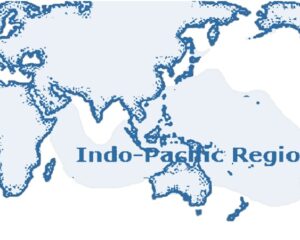
This article is one of a number of pieces circulating that usefully starts to ponder the effect COVID-19 will have on strategic relations in the Indo-Pacific. It presents one of the more comprehensive lists of possible effects. The narrow focus of the article, however, means two major results of the pandemic, a change in the relativities in economic power and a possible change in the US Administration, are not clearly factored into the analysis. With regard to the question of impact of Covid-19 on military readiness, there may be room for greater caution; it is yet to be seen if the worst predictions about a shift in the military balance because of readiness issues will eventuate.
Read more
Secondary sanctions are a potent form of economic coercion that allows the US to extend its jurisdiction well beyond its borders, enabling interference in other nations’ foreign policy independence and infringing other nations’ sovereignty. Knudsen argues that economic autonomy depends on displacing the US from the central role in international finance.
Read more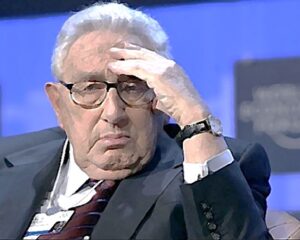
An impressive article by Michael Hirsh, which manages to be: a review of Barry Gewen’s “incisive new intellectual history of Kissinger and his times”, The Inevitability of Tragedy; an insightful enumeration of some key social, economic and strategic challenges the world currently faces; and a useful commentary on the US-China rivalry and the accompanying geostrategic shifts.
Read more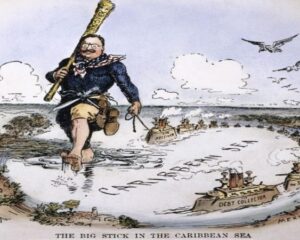
Positioning the adversarial relationship with China as one of morally superior western democratic nations in competition with a somehow illegitimate and malevolent China is an exercise in historical amnesia. The democratic United State’s 1890 – 1920 trajectory from western hemisphere state to global power has some economic, military and foreign policy parallels with authoritarian China’s growth in the twenty-first century.
Read more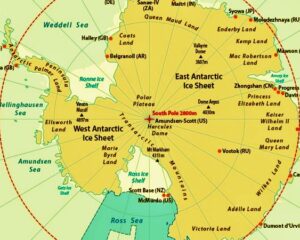
The recent report ‘Eyes Wide Open: Managing the Australia-China Antarctic Relationship’ contains a lot of information about China’s activities in Antarctica and usefully sets out aspects of the Chinese-Australian relationship.
But are the report’s recommendations a disproportionate reaction to a manufactured crisis regarding China’s presence and activities in Antarctica?
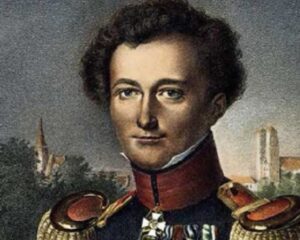
Australia’s strategic quandary emerges from its status as an ally to a great power. If it abrogates its responsibility to set national policy aims by joining in a coalition in which one great power antagonist determines the goals of the war it cannot claim to have a strategy. It cannot claim to be linking Australia’s national priorities to the military actions. Its fate would be in the hands of its great power ally.
Read more
Jamie Shea identifies potential strategic consequences of the Covid-19 pandemic. A retreat back to the nation state? Increased geopolitical rivalries, defence budgets under pressure and reduced capacity to deter Russia and China? The end of globalisation? The rise of the western surveillance state?
Read more
Harvard academic Graham Allison finds in Thucydides’ ‘The History of the Peloponnesian War’, some near universal law of international relations where war between established and rising great powers is close to inevitable – the ‘Thucydides’ Trap’. But are there different lessons to be drawn from analysis of the Peloponnesian War?
Read more
The Munich Security Report 2020 sheds light on “Westlessness” – a widespread feeling of uneasiness and restlessness in the face of increasing uncertainty about the enduring purpose of the West. The Report provides an overview of major security policy challenges and features insightful data and analyses.
Read more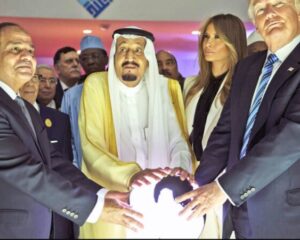
The biggest question in geopolitics is: will President Trump be re-elected? More than any previous presidential election, the 2020 election could presage a very dangerous era in world politics, making the presidential election the most important geopolitical event this year. However, the American presidential election will be determined by domestic issues that swirl around a collection of policy issues as well as identity and values.
Read more